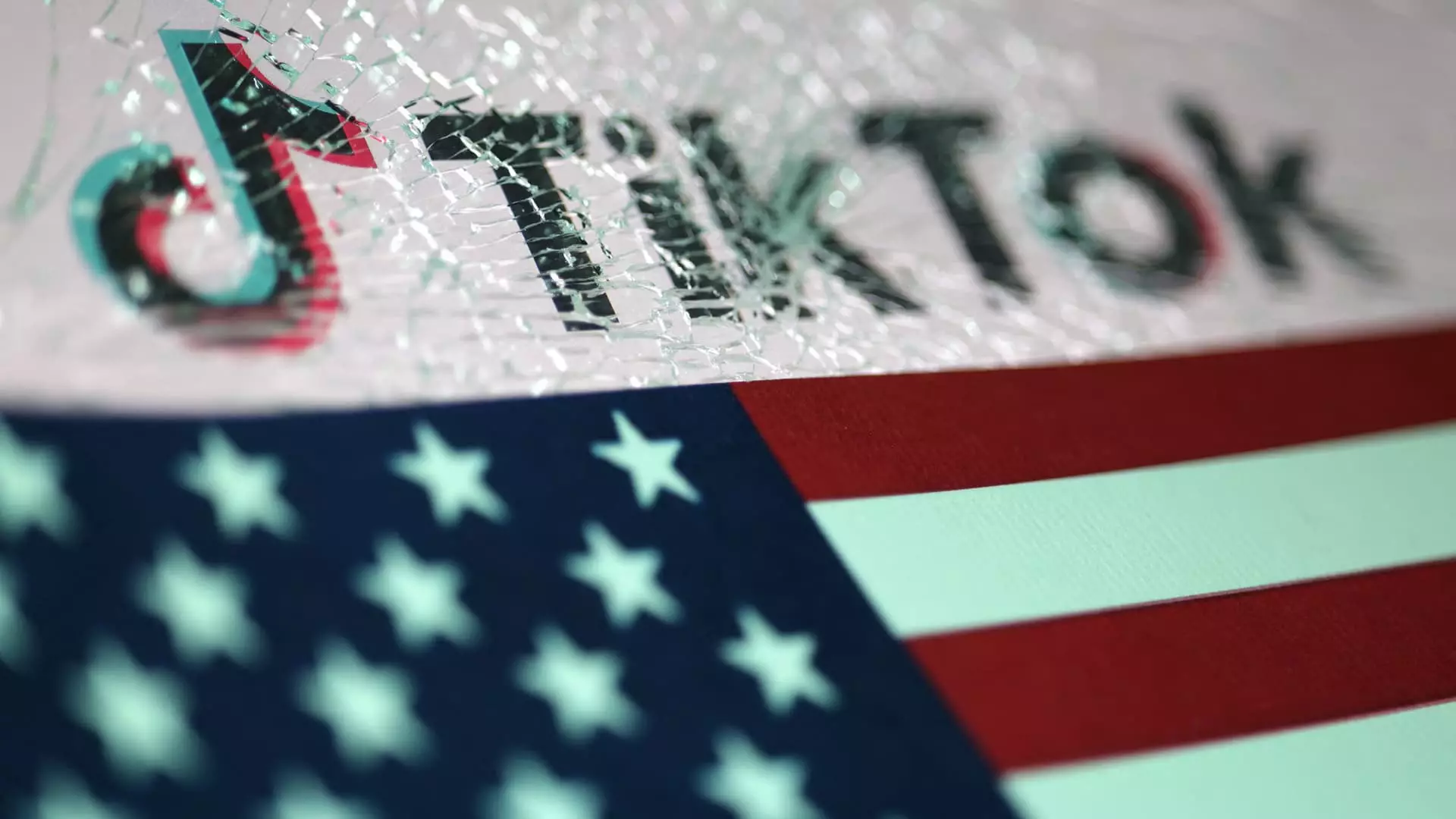The saga surrounding TikTok’s availability in the United States continues to unfold amid a tense political climate. Following President-elect Donald Trump’s assertion that he would sign an executive order to delay a federal ban on the popular app, users were granted temporary access once again. Despite the imminent threat of a ban, TikTok has managed to momentarily navigate through the storm, much to the relief of its millions of American users and small businesses relying on the platform.
In a statement posted on social media, TikTok expressed gratitude towards President Trump for providing clarity regarding the future of the app, acknowledging that it would facilitate continued access for over 170 million users in the U.S. The company emphasized that this would allow approximately 7 million small businesses to flourish on the platform. By framing Trump’s impending executive order as not just favorable but essential for First Amendment rights, TikTok is crafting a narrative of resilience in the face of arbitrary government actions. This strategy serves to position the app as a staunch supporter of free expression while simultaneously keeping its user base engaged and hopeful.
Conversely, the legal landscape remains murky. The Supreme Court’s recent decision to uphold a law banning TikTok heightened the stakes in this ongoing struggle, demonstrating the profound friction between national security concerns and the rights of users and businesses. Trump’s call to private companies not to completely sever ties with TikTok underscores a broader narrative that reverberates across various sectors—government intervention can have far-reaching consequences for corporate operations and consumer interactions.
Despite TikTok’s proactive attempts to reassure its user base, the platform’s future hangs precariously in the balance as political maneuvering continues. The contentious suggestion from Trump regarding a potential joint venture for 50% ownership of TikTok for U.S. interests raises questions about sovereignty and control. Yet, ByteDance, TikTok’s parent company, maintains a firm stance, indicating no intentions to sell the app. This unyielding position reflects not only corporate strategy but also a complex interplay of international relations, privacy concerns, and media influence.
As TikTok fights to restore its status in the U.S. amidst turbulent political waters, its fate serves as a microcosm of larger issues concerning free speech, digital governance, and the intersection of technology with national policy. The platform remains a beacon of creativity and communication for millions, but it must navigate the uncertain waters laid out by legislative restrictions and executive orders that threaten its very existence. The next steps taken by both TikTok and the incoming administration could reshape the platform’s landscape, signifying a pivotal moment in the discussion of technology’s role in our lives.


Leave a Reply